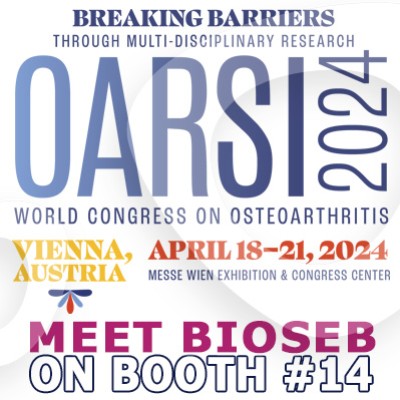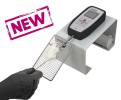Authors
H Patel, P Martinez, A Perkins
Lab
Indiana University School of Medicine, The Stark Neurosciences Research Institute, Indianapolis, IN, USA
Journal
Neurobiology of Aging
Abstract
Pathological aggregation of tau and neuroinflammatory changes mark the clinical course of Alzheimer's disease and related tauopathies. To understand the correlation between these pathological hallmarks and functional deficits, we assessed behavioral and physiological deficits in the PS19 mouse model, a broadly utilized model of tauopathy. At 9 months, PS19 mice have characteristic hyperactive behavior, a decline in motor strength, and deterioration in physiological conditions marked by lower body temperature, reduced body weight, and an increase in measures of frailty. Correlation of these deficits with different pathological hallmarks revealed that pathological tau species, characterized by soluble p-tau species, and tau seeding bioactivity correlated with impairment in grip strength and thermal regulation. On the other hand, astrocyte reactivity showed a positive correlation with the hyperactive behavior of the PS19 mice. These results suggest that a diverse spectrum of soluble pathological tau species could be responsible for different symptoms and that neuroinflammation could contribute to functional deficits independently from tau pathology. These observations enhance the necessity of a multi-targeted approach for the treatment of neurodegenerative tauopathies.
BIOSEB Instruments Used:
Grip strength test (BIO-GS3)

 Douleur - Allodynie/Hyperalgésie Thermique
Douleur - Allodynie/Hyperalgésie Thermique Douleur - Spontanée - Déficit de Posture
Douleur - Spontanée - Déficit de Posture Douleur - Allodynie/Hyperalgésie Mécanique
Douleur - Allodynie/Hyperalgésie Mécanique Apprentissage/Mémoire - Attention - Addiction
Apprentissage/Mémoire - Attention - Addiction Physiologie & Recherche Respiratoire
Physiologie & Recherche Respiratoire
 Douleur
Douleur Métabolisme
Métabolisme Système moteur
Système moteur Neurodégénérescence
Neurodégénérescence Thématiques transversales
Thématiques transversales Système musculaire
Système musculaire Functions de motricité générale
Functions de motricité générale Troubles de l'humeur
Troubles de l'humeur Other disorders
Other disorders Joints
Joints Système Nerveux Central (SNC)
Système Nerveux Central (SNC)  Système sensoriel
Système sensoriel
